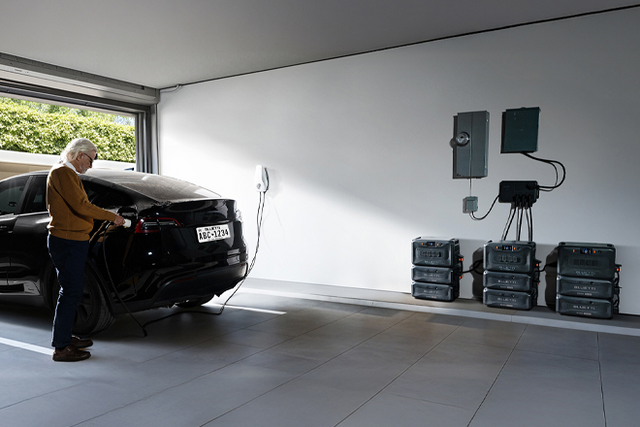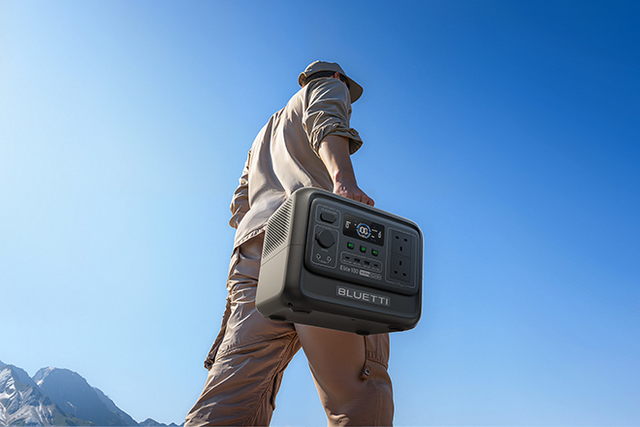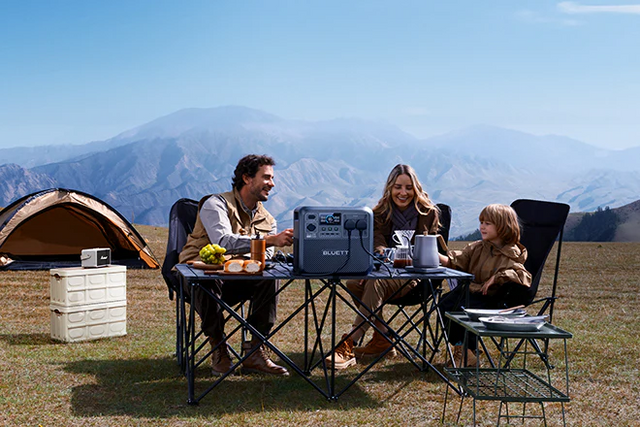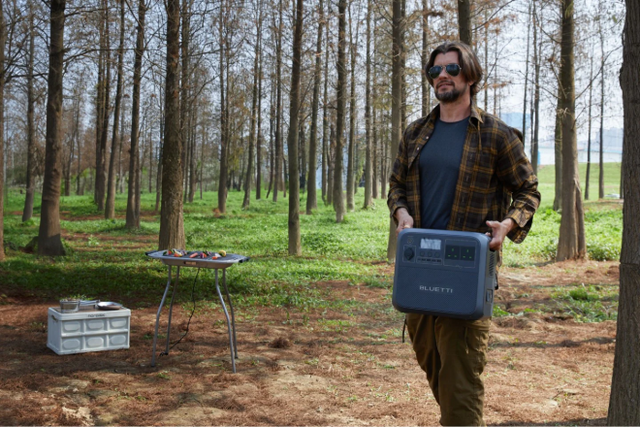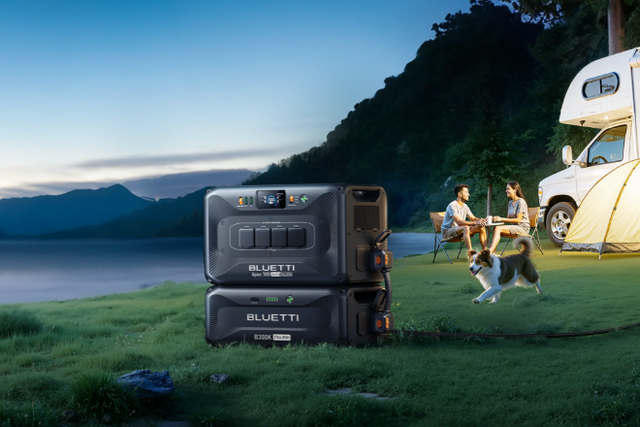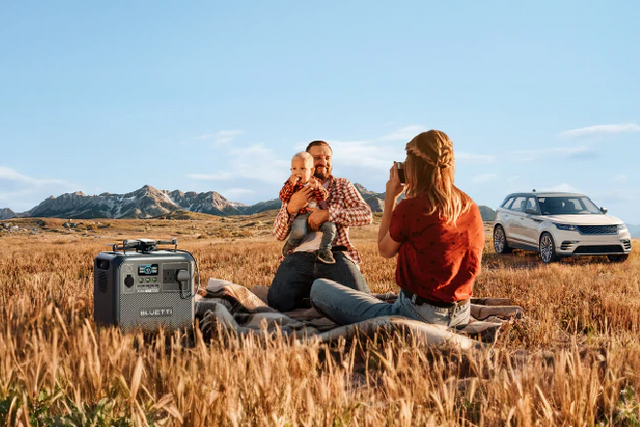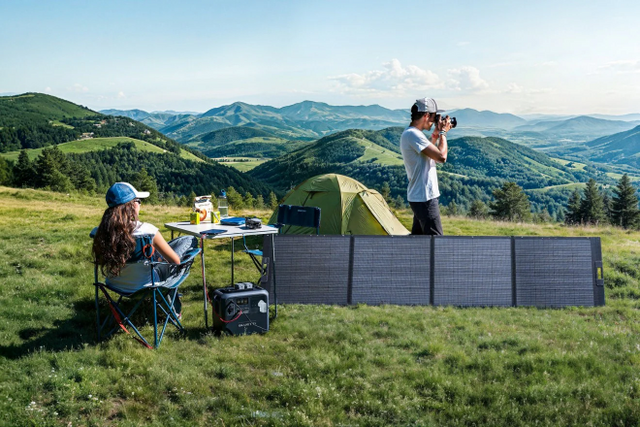Wild camping, an activity that brings to mind images of serene landscapes, starlit nights, and a deep connection with nature, has been gaining popularity in the United Kingdom. But what exactly is wild camping, and is it legal to wild camp in the UK? This article aims to delve into the intricacies of wild camping in the UK, including its legality, recommended spots, tips for a successful experience, and what to do if you encounter legal issues.
What is Wild Camp in the UK?
Wild camp in the UK refers to the practice of setting up camp and spending the night in remote and unregulated areas of the countryside, away from designated campsites or formalised camping areas. Unlike traditional camping, which typically takes place in established campgrounds with amenities such as toilets, showers, and designated pitches, wild camping involves pitching a tent or bivouac shelter in natural surroundings.
The essence of wild camping lies in its connection with nature and the sense of solitude and self-reliance it offers. Enthusiasts seek to immerse themselves in the wilderness, away from the hustle and bustle of urban life, and experience the tranquillity and beauty of the great outdoors.
Is Wild Camping Legal in the UK?
The legality of wild camping varies across the UK's constituent countries. Let's explore the regulations in England, Scotland, Wales, and Northern Ireland.
Wild camp in the UK is generally illegal in England, Wales, and Northern Ireland unless the landowner gives permission. It implies that if you are discovered to be putting up a campsite, even for one night, you will be requested to leave and may face legal consequences.
One of the most severe penalties for wild camping in the UK is trespassing charges. In most circumstances, you will just be asked to move on, but if you cause any harm to the land through littering or campfires, you may be reported and penalised.
Wild camping rules differ in Scotland, where you can very much pitch up camp anywhere thanks to its 'right to roam' legislation. This gives individuals a lot greater latitude to explore the country's national parks and mountain ranges.
The Scottish government has established a set of wild camping guidelines that campers should observe to protect the local ecology. The essential objectives are to remove your waste, leave no evidence of your tent pitch or any open fires, and adhere to precise fire lighting instructions.
Where Can You Wild Camp in the UK? Top 5
Where can you wild camp in the UK? Below is the list of the Top 5 places in the UK where you can wild camp:
The Isle of Skye, Scotland
The Isle of Skye, situated in Scotland, boasts numerous remarkable wild camping spots, making it challenging to select just one. Hence, I'll highlight a couple of them. Firstly, the Isle of Skye is renowned for its vast and stunning landscapes, steeped in a long and storied history, and now a popular tourist destination across Scotland.
Though the weather on the Isle of Skye can be unpredictable, those daring enough to embrace it are promised unforgettable sights. In my view, two standout wild camping spots on the Isle of Skye are Quiraing and Camasunary.
Quiraing, formed by an ancient landslip that is still slowly shifting, presents a dramatic plateau adorned with awe-inspiring rock pinnacles. Among these, "The Needle" stands as the most significant rock column in the area. Meanwhile, Camasunary offers a serene alternative, nestled along Skye's southern coast. This magnificent bay provides tranquillity, ideal for unwinding after a day of Munro Bagging, Scotland's pursuit of scaling its highest peaks.
Dartmoor National Park, England
Wild camping within Dartmoor National Park, located in southern Devon, is permissible within specified designated zones. Dartmoor is renowned for its rich tapestry of legends and folklore, often associated with mythical creatures like "hellhounds." Notably, the park's mystique served as a prominent inspiration for Sir Arthur Conan Doyle's renowned work, "The Hound of the Baskervilles," among the most celebrated tales in the Sherlock Holmes series.
Two particularly favoured wild camping sites within the park are Riddon Ridge and Bellever. However, visitors to these locations must practice responsible camping practices. In 2020, wild camping faced temporary restrictions in these areas due to extensive littering, including discarded toilet paper, wet wipes, disposable barbecues, plastic bags, broken glass, and other debris left behind by irresponsible individuals.
Other notable locations for wild camping enthusiasts include Ugborough Moor and Yes Tor, both offering breathtaking panoramic vistas of the expansive moorland. Alternatively, for those seeking proximity to civilization, opting to set up camp atop the elevated terrain overlooking Ivybridge presents an excellent choice. From this vantage point, campers can enjoy picturesque views of the town itself and the surrounding rural landscape.
Lake District, England
If you were to inquire with an English hiker about their preferred hiking destination in England, many would likely mention the Lake District. Nestled approximately 100 miles north of Manchester in North West England, this rugged terrain is famed for its breathtaking lakes, peaks, and woodlands, making it a highly sought-after holiday spot.
As one might anticipate, the popularity of the Lake District translates to bustling wild camping conditions, particularly during the spring and autumn seasons. While there are no officially designated wild camping areas within this region, camping atop the lofty mountains and steering clear of populated areas typically ensures a smooth experience. However, it's worth noting that arriving late may diminish the likelihood of securing prime camping spots, as they are often occupied.
For those seeking quieter surroundings, I recommend exploring the Western Fells and the Ennerdale Valley. Here, opportunities for tranquil wild camping amidst the woodland abound, offering a respite from the crowds. Another appealing option is Codale Tarn, a stunning lake tucked away in a somewhat challenging-to-reach location. Consequently, it's less frequented by campers, affording a serene camping experience along its shores.
The Brecon Beacons, Wales
In my perspective, Wales often needs to be more appreciated in the realm of wild camping. The country boasts some of the most awe-inspiring landscapes found throughout Great Britain, particularly within its three national parks—Pembrokeshire Coast, Snowdonia, and the Brecon Beacons, renowned for their breathtaking vistas.
The Black Mountains, stretching into England, present some of the most rugged terrain within the Brecon Beacons and serve as an exceptional destination for avid wild campers. Ascend Mynydd Bychan, set up camp, and embrace a night under the starry sky. Alternatively, for those seeking a more adventurous experience, trek to the summit of Chwarel y Fan Ridge's highest point – Rhos Dirion – for an authentic mountaintop sleep.
Another favoured hiking trail in this Welsh region is the Fan y Big circular walk, leading explorers into the heart of the Brecon Beacons. It's wise to have some cash on hand, as encounters with local farmers are not uncommon. These individuals often request a small fee from wild campers for permission to stay on their land. For further insights, refer to our guide on wild camping in the Brecon Beacons.
The Cairngorms, Scotland
The Cairngorms are a mountain range located at the core of Cairngorms National Park. In addition to the iconic mountains, the park encompasses hill ranges such as the Monadhliath and Angus Glens, as well as lower-lying areas like Strathspey. This region is renowned for its stunning scenery and is a popular destination for climbing, ski touring, and hill walking.
Covering an expansive area of nearly 2,000 square miles, wild camping in the Cairngorms is quite feasible as long as you avoid enclosed spaces. Unlike other parts of the United Kingdom, Scotland has more relaxed regulations regarding wild camping, allowing you to camp freely in the Cairngorms provided you do so responsibly.
One of the premier wild camping spots in this picturesque Highlands region is Glen Feshie, approximately 20 miles north of Pitlochry. Glen Feshie is a crucial site for one of Scotland's most successful "rewilding" projects and will captivate you with its breathtaking mountain views and cascading waterfalls. Additionally, it serves as a starting point for numerous hiking trails, enabling you to embark on scenic walks directly from your campsite.
Warm Tips for Wild Camping in the UK
Wild camping in the UK can be a rewarding and immersive way to experience the country's natural beauty. However, it requires careful planning and respect for the environment. Here are some essential tips to ensure a safe, enjoyable, and responsible wild camping experience:
Respect the Environment
Always clean up after yourself. Pack out all litter, including food waste, and leave your campsite as you found it. This principle helps preserve the natural beauty of the wilderness for future visitors. Avoid disturbing wildlife and plants. Stick to established paths and camp on durable surfaces to reduce your impact on the environment.
Plan Ahead
Familiarize yourself with the area where you plan to camp. Understand local regulations, weather conditions, and potential hazards. In many parts of the UK, particularly in England and Wales, you need the landowner's permission to wild camp. Scotland offers more freedom, but you should still follow the Scottish Outdoor Access Code.
Stay Safe
Always inform a friend or family member of your plans, including your expected location and return time. UK weather can be unpredictable. Pack appropriate clothing and gear to handle rain, wind, and cold temperatures. Carry a basic first aid kit, a map, a compass, and a fully charged phone. Know the local emergency numbers.
Be Self-Sufficient
Bring enough food and water for your trip. Remember that you might need access to clean water sources. Invest in a good-quality tent, sleeping bag, and other camping gear suitable for the conditions you might encounter.
Camp Responsibly
In places like the Lake District, setting up camp high in the mountains is generally more acceptable and helps you avoid disturbing other visitors. Avoid making open fires. Use a camping stove for cooking, and ensure it's placed on a stable, fire-resistant surface. Use biodegradable toilet paper and bury waste at least 15-20cm deep and at least 30 metres away from water sources. Pack out used toilet paper and sanitary products.
Respect Local Communities
Keep noise levels down to avoid disturbing wildlife and other campers. Whenever possible, support local businesses such as shops, cafes, and pubs. It not only helps the economy but also builds goodwill between campers and residents.
Utilise Technology Wisely
Use reliable GPS and mapping apps to help with navigation, but don't solely rely on them. Always have a physical map and compass as a backup. Bring a portable power source, such as the BLUETTI AC2A, to keep your devices charged. It offers 300W AC output, 204.8Wh capacity, and quiet operation, making it ideal for camping.
Be Considerate of Other Campers
Give other campers plenty of space. It ensures privacy and a sense of wilderness for everyone. If you camp in a popular spot, be ready to move early in the morning to avoid encountering too many people.
Enhance Your Camping Adventure with the BLUETTI AC2A Power Station
Having a reliable power source can significantly enhance your experience when embarking on a wild camping adventure. The BLUETTI AC2A is an ideal companion for campers who need dependable power in remote locations. Here's why the BLUETTI AC2A stands out:

300W AC Output / 600W Lifting Power
The BLUETTI AC2A provides a robust 300W continuous AC output. Making it capable of powering a variety of camping essentials, such as lights, portable refrigerators, and small appliances. The 600W lifting power ensures it can handle surges from devices with higher start-up wattages.
204.8Wh Capacity for Extended Battery Life
With a capacity of 204.8Wh, the BLUETTI AC2A offers ample power to keep your devices charged throughout your camping trip. This power station covers you whether you need to charge your phone, camera, or other gadgets.
270W Turbo Charging, 45 Minutes to 80%
The BLUETTI AC2A features impressive turbo charging capabilities, allowing it to reach 80% charge in just 45 minutes. This rapid charging feature ensures minimal downtime, so you can quickly get back to enjoying your adventure.

LiFePO₄ Battery for 3,000+ Charge Cycles
Equipped with a LiFePO₄ (Lithium Iron Phosphate) battery, the BLUETTI AC2A offers exceptional durability and longevity. With over 3,000 charge cycles, it provides a long-lasting power solution for numerous camping trips over the years.
Quiet Operation Less Than 45dB
One of the standout features of the BLUETTI AC2A is its quiet operation. Producing less than 45dB of noise ensures a peaceful camping experience without the intrusive hum of traditional generators.
Smart Remote Control via BLUETTI App
The BLUETTI AC2A can be conveniently controlled via the BLUETTI app, allowing you to monitor and manage your power usage remotely. This intelligent feature adds a layer of convenience, enabling you to adjust settings and check the battery status from your smartphone.
Seamless UPS in 20ms
The BLUETTI AC2A includes an Uninterruptible Power Supply (UPS) feature, which ensures a seamless transition in power during outages. This feature is beneficial for keeping critical devices running without interruption.

Industry-leading 5-Year Warranty
With an industry-leading 5-year warranty, the BLUETTI AC2A provides peace of mind. This extensive warranty reflects BLUETTI's confidence in its product's quality and durability.
What Happens If You Get Caught Wild Camping UK?
When wild camping near a town or village, be prepared for the possibility that a landowner may ask you to move on. While it is not a common experience for everyone, there are stories of campers being asked to relocate, sometimes even in the middle of the night. It's part of the wild camping adventure.
If approached by a landowner, try to reason with them and reassure them that no trace will be left behind. However, if they are insistent—which is within their rights—respect their wishes and move on to find another spot.
Generally, this situation is not a significant concern. Many campers report being seen without any issues arising. Consider if you were walking in the woods and saw a tent; chances are, you wouldn't do anything about it. The first night of wild camping might feel unusual, but with experience, it becomes easier and more comfortable. With time, confidence grows in the ability to find a suitable sleeping spot anywhere.
Conclusion
Wild camping offers a unique opportunity to immerse oneself in the beauty of the UK's natural landscapes. While regulations vary across different regions, responsible camping practices can ensure a memorable and enjoyable experience.
By following guidelines, respecting the environment, and choosing appropriate locations, you can make the most of your wild camping adventures in the UK. And with products like the BLUETTI AC2A, you can enhance your comfort and convenience while minimising your environmental impact. So, pack your gear, plan your trip, and embark on a wild camping journey to remember.
Shop products from this article
You May Also Like

The Ultimate Guide to Heaters in Camping — Stay Warm & Cozy Outdoors
Are you looking for a suitable heater for winter camping trips? Let's compare the top camping heaters with their safety features and off-grid solutions for warmth in the outdoors.

Battery for Electric Bicycle: How to Choose, Charge, and Care for Your E-Bike Battery?
Are you confused about how to choose, charge, and care for the battery for an electric bike? Let’s understand voltage, capacity, UK regulations, and safe charging methods, with practical tips...

Winter Camping UK Guide: Essential Gear, Safety Tips & Cold-Weather Power Solutions
With essential gear, safety tips, and power solutions like the BLUETTI Pioneer NA, you can stay warm, safe, and powered during winter camping in the UK. Follow the guide for...




















































































































































